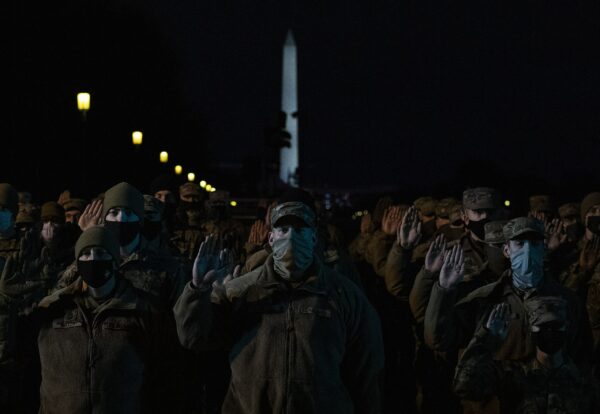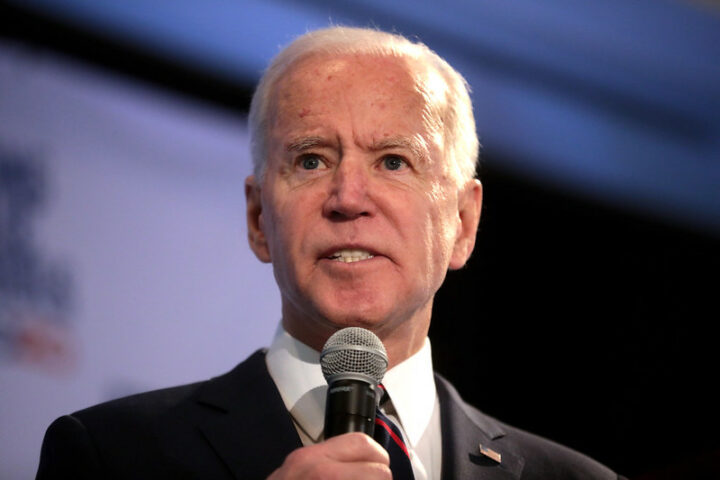Soldiers are reportedly departing the Army National Guard at a quicker pace than they are joining, raising fears that units throughout the country may be unable to satisfy military needs for crucial overseas and other domestic deployments in future years.
According to authorities, the number of troops retiring or departing the National Guard has outpaced those arriving in each month over the last year, for a total yearly loss of nearly 7,500 military members.
The issue appears to be stemming from a combination of recruiting shortages and a rise in the number of troops who choose not to reenlist when their tour expires.
Individual states, which rely on National Guard troops for a variety of duties, may fall short of troop totals this year, while others may perform better.
However, the losses come at a time when many are dealing with a busy hurricane season, wildfires in the West, and continuous demand for units overseas, including combat tours in Syria and training missions in Europe in the name of protecting Eastern European states concerned about potential threats from Russia.
The losses reflect a greater manpower crisis in the United States military, as all three services struggle to fulfill recruiting targets this year.
They also highlight the need for major changes in how the military recruits and keeps citizen soldiers and airmen who manage to work full-time and serve in the military simultaneously.
According to the National Guard Bureau’s commander, Gen. Daniel Hokanson, both the Army and Air National Guards have failed to reach their overall number of service members targets in the fiscal year that concluded last Friday.
The Army National Guard currently has 336,000 authorized personnel, while the Air Guard has 108,300.
While the deficiencies for 2022 may be tiny percentages, the Guard will potentially also face rising losses over the following year as a result of the United States military’s demand, under the Biden Administration, that all personnel receive the COVID-19 vaccination.
So far approximately 9,000 Guard soldiers have refused to take the injection, while another 5,000 have requested religious, medical, or administrative exemptions.
With additional casualties inevitable, Guard commanders are searching for new methods to persuade military members to join or reenlist.
A significant reform that might encourage increased recruitment is to offer Guard members access to full health insurance. Approximately 60,000 Guardsmen currently lack health insurance.
Other improvements that could potentially assist include increasing educational perks and providing financial incentives to Guard members who bring in new recruits among other initiatives.
[READ MORE: All the Best and Worst Places in America to be if Nuclear War Breaks Out With Russia]








